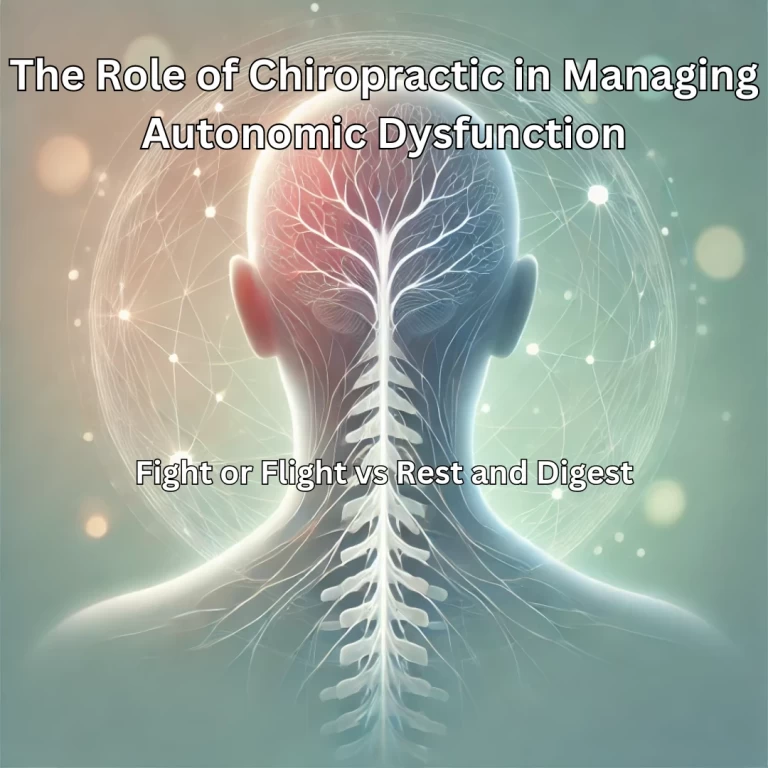
Thousands of patients who visit a Knee Chest Upper Cervical Chiropractor in Hiawatha have a few questions about vertigo attacks. Unfortunately, many of them don’t get the answers they need due to the confusing pieces of information found online. So, we thought of rounding up all the vertigo FAQs we have heard from our patients to help address the issue and help readers like you understand your symptom. So, without further adieu, let’s look into these frequently asked questions about vertigo attacks below.
Q: Is it pointless to look for a vertigo remedy?
By downloading the Digital Patient Chart mobile app you can better control your patient portal.
A: Until today, there still isn’t a medication used to resolve vertigo attacks. But that doesn’t mean that there is no hope left. If you want to control your episodes better, we strongly suggest looking into the disease or disorder that caused your symptom.
Q: I have central vertigo; what does that mean?
A: Central vertigo is a type of vertigo that develops because of a nervous system problem. These problems include stroke, brainstem tumors, seizures, multiple sclerosis, and vestibular migraines.
Q: Is vertigo contagious?
A: No, it’s not, but some of its underlying causes are. Notably, some diseases or disorders like inner ear infections can get passed on from one patient to another. But, thankfully with the help of antiviral or antibacterial medication, you can manage the symptoms and treat the infection.
Q: Can you get vertigo episodes because of a virus?
A: As emphasized above, vertigo isn’t a separate illness. So technically speaking, viruses don’t cause them. Instead, they develop because of the body’s reaction to a viral infection. When you get sick because of a virus, the body triggers an inflammatory response. Sadly, while this is designed to help you fight off the infection, it can cause undesirable effects such as ear congestion and pressure on the labyrinth and vestibular nerve.
Q: Can vertigo attacks last more than 24 hours?
A: On average, vertigo episodes only last for a few minutes. But, there are some cases when it extends to several hours. Some patients even report that their vertigo episodes linger for more than 24 hours. The duration of an attack mainly depends on the underlying health complaint you have. For example, if you have BPPV, your episodes will be mostly short-lived and only happen when you make sudden head or neck movements. On the one hand, if you have Mal de Debarquement, you might experience a swaying or rocking sensation days after you get off a plane or boat.
Q: Can vertigo and migraines occur together?
A: Yes. Migraine attacks often trigger vertigo and vice versa. That’s why it’s extra crucial to pay close attention to your migraine and vertigo triggers to avoid having unwanted episodes.
Q: Can vertigo affect both ears?
A: Vertigo attacks primarily affect one ear. And you can tell which ear it is by tilting your head to one side of the body and checking for spinning sensations.
Q: What is positional vertigo?
A: As the name suggests, positional vertigo causes spinning sensations when you shift from one position to another. For example, when you suddenly stand up after sitting for long hours or roll out of bed, do you experience vertigo after doing these simple movements? If you answer yes, you likely have positional vertigo. While positional vertigo attacks (or any other type of vertigo) don’t pose lethal threats, they can increase your chances of getting injured. So, it would be wise to pace yourself and avoid doing sudden movements to prevent sudden bouts of disorienting spells.
Q: What medications provide vertigo relief?
A: Have you noticed that there isn’t a medication specifically designed for vertigo relief? That’s because they don’t exist. Doctors and upper cervical chiropractic doctors mostly advise remedies like cervical spine manipulations, physical therapy, and The Epley Maneuver. Additionally, patients also get told to observe certain lifestyle adjustments, such as avoiding allergy-causing food, preservatives, and processed products.
Q: Do patients need surgery for vertigo relief?
A: Surgical intervention isn’t the first option for vertigo relief. That’s because it can come with a few complications. Additionally, doctors only recommend it as a last-ditch effort for severe cases with chronic BPPV, Meniere’s disease, and labyrinthitis. Surgery for vertigo relief involves removing the organs that trigger the disorienting symptom. However, patients who undergo surgical operations often lose their ability to hear either temporarily or permanently.
Q: How can a Knee Chest Upper Cervical Chiropractor in Hiawatha help?
A: Upper cervical chiropractic is a popular source of vertigo relief. A Knee Chest Upper Cervical Chiropractor in Hiawatha helps patients by providing C1 and C2 bone adjustments. The process starts by going through a patient’s medical records to retrace possible events or injuries that might have caused cervical spine subluxation.
From there, your Knee Chest Upper Cervical Chiropractor in Hiawatha will decide whether you need to undergo additional confirmatory tests, such as a three-dimensional neck bone adjustment.
Each patient has varying neck bone structure problems. So it’s the job of an upper cervical chiropractic physician to run necessary tests that can help tailor-fit the neck bone adjustments. The adjustments are precise up to the tiniest fraction of a millimeter, ensuring that you get just enough force to ease your bones back to their neutral alignment.
Once the C1 and C2 bones gradually return to their former positions, the pressure on your brainstem, vestibular organs, and brain also dissipates, allowing you to attenuate your episodes.
Find out more about how a Knee Chest Upper Cervical Chiropractor in Hiawatha like Dr. Isaac Reis can help you with your neck bone misalignments. Book your appointment or submit your requests via our online form.
If you are outside of the local area, you can find an Upper Cervical Doctor near you at https://theneckjoint.com/.







Leave a comment